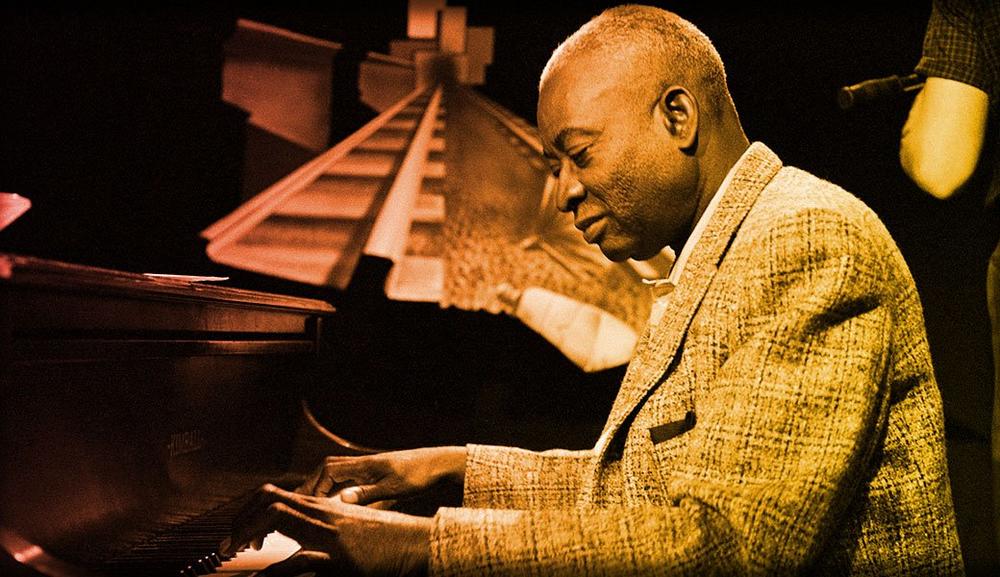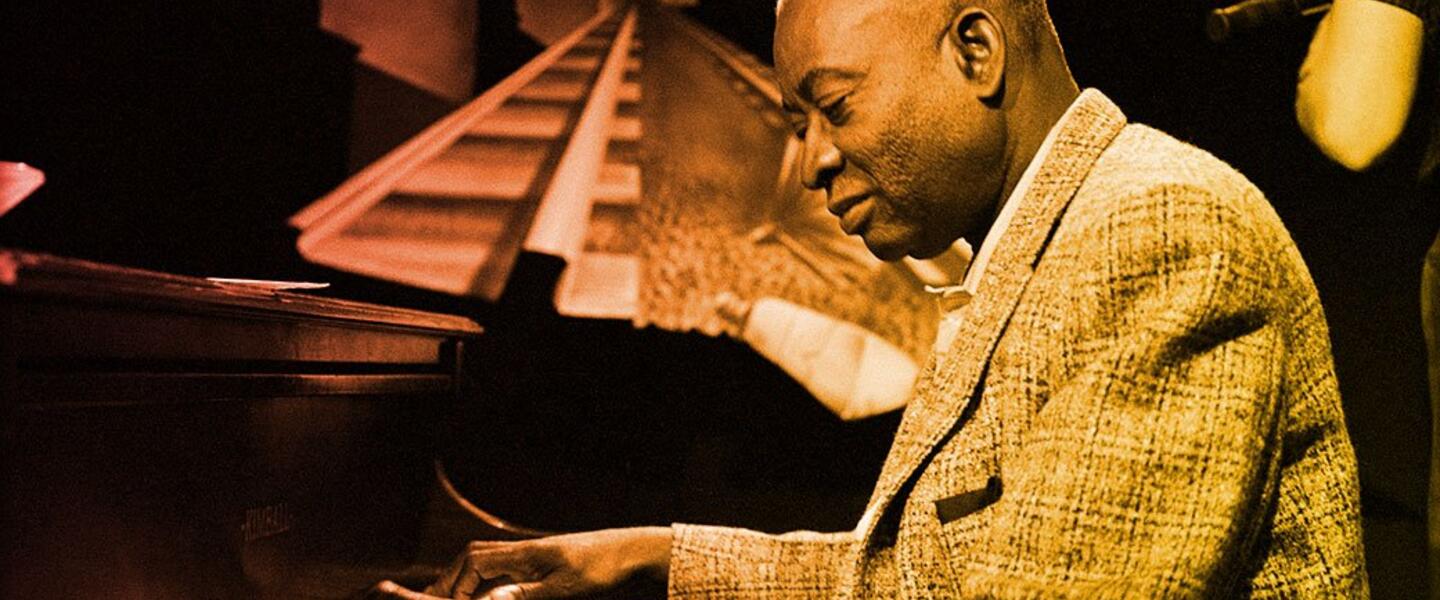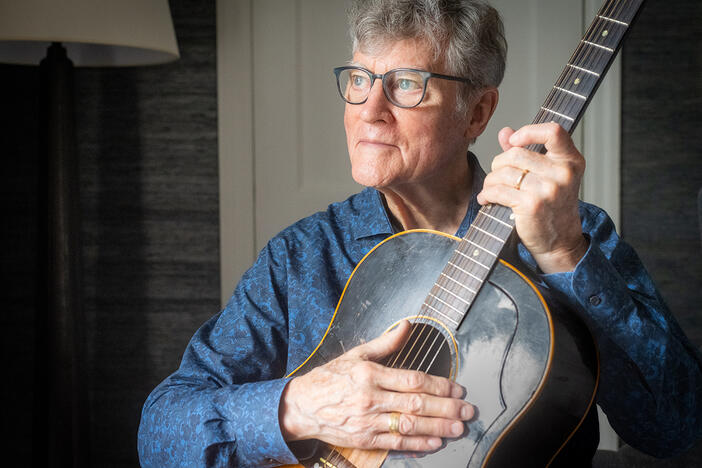
Section Branding
Header Content
Lead Me On To The Light
Primary Content
A new PBS series from Dr. Henry Louis Gates, Jr. is airing on GPB TV and streaming on demand on PBS passport. It’s called “Gospel,” and it tells the story of how the music of Black churches became a tremendous contribution to American culture. Salvation South Editor Chuck Reece has been watching, and brings us the story of how, a century ago, a man from Villa Rica, Georgia, played a historic role in gospel’s development.

TRANSCRIPT:
Chuck Reece: The first thing you learn when you sit down to watch “Gospel,” the four-part history of gospel music on PBS, is what makes Gospel different from other religious music.
Gospel songs can be referred to as hymns, of course. But if the word “hymns” calls to mind a classical piece built to fill a great cathedral, then you’re not thinking about gospel music. Or maybe you think the phrase “gospel music” equates to the spirituals—or religious folk songs sung by enslaved Africans in America. That’s not quite right, either.
No, program creator Dr. Henry Louis Gates Junior tells us that gospel music was a product of the Great Migration, that period in the early twentieth century when Black Southerners who wanted to escape the cruel threats of Jim Crow moved north to big cities like Chicago.
See, in those big cities, another glorious contribution to American culture from those Black Southerners was thriving, too. The blues. And when the blues—that Saturday night music—mixed with the spiritual messages of Sunday morning, the thing called “gospel music” came into being.
And one of its undisputed pioneers was a man from right here in Georgia named Thomas A. Dorsey. Born in Villa Rica in 1899, Dorsey moved to Chicago when he was twenty, hoping to make it as a blues piano player. But his uncle from Georgia came up to visit him and urged him to apply his talents to the church, as opposed to the juke joints. So, he did, and by 1930, his songs were being performed in Black churches in cities all over America.
But soon after, tragedy struck, when Dorsey’s wife of seven years, Nettie Harper, and his son died in childbirth. This is the voice of Dorsey himself, from an old interview:
Thomas Dorsey (from PBS’s Gospel): I felt I couldn’t go on. I felt that God had done me an injustice.
So, Thomas Dorsey prayed, and put his prayer to music. You might be familiar with the words.
MUSIC: “Take My Hand” performed by Mahalia Jackson
Chuck Reece: “Take My Hand, Precious Lord,” almost ninety years later, remains one of American music’s greatest achievements. It’s been recorded hundreds of times, by everyone from Mahalia Jackson to Ike & Tina Turner to Elvis Presley. That’s true, I think, because it speaks to everyone, regardless of background. Each of us, from time to time, feels stranded in a darkness that will not lift—and in those moments, we need someone to lead us back to the light.
If you haven’t already, please watch “Gospel” on your Georgia Public Broadcasting station. It’ll do you good.
And on the Salvation South podcast feed, you can listen to a Deluxe episode where we look deeply at how Southern soul music grew up out of Black churches and their gospel music.
You can visit us anytime at SalvationSouth.com.
Salvation South editor Chuck Reece comments on Southern culture and values in a weekly segment that airs Fridays at 7:45 a.m. during Morning Edition and 4:44 p.m. during All Things Considered on GPB Radio. Salvation South Deluxe is a series of longer Salvation South episodes which tell deeper stories of the Southern experience through the unique voices that live it. You can also find them here at GPB.org/Salvation-South and wherever you get your podcasts.







